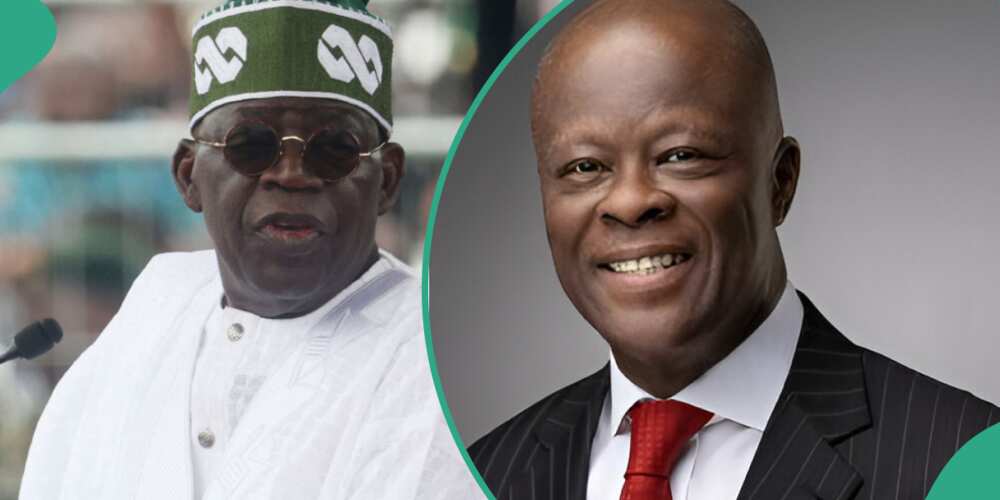Estimated reading time: 4 minutes
Nigeria’s Finance Minister, Wale Edun, has expressed optimism about the country’s economic trajectory. In a recent interview on Channels Television, Edun claimed that inflation is dropping and the economy is headed in the right direction. He attributed this progress to the reforms and policies implemented by the current administration.

He said, “Mr President has achieved relative growth and stability in his first year in office. The necessary fallout of the measures that had to be taken were higher interest rates to fight inflation and attract foreign currencies, which was successful. In terms of inflation, it is coming down. It is expected and projected to come down over the next few months.
“On the other indices, the important thing is that the economy is actually growing. It is very rare to have a situation where authorities, particularly the monetary authority set their target fighting to bring down inflation and prices generally and at the same time striving to keep the economy growing. We do have that.
“Quarter by quarter when compared to the first quarter of last year, the growth is up by virtually three per cent per annum above population growth compared to about the two per cent achieved by this time last year. So, we do have the economy going the right direction. We just need to stay that course. In staying the course, help and amelioration must be given across the board.
“I have talked about help that should be given to farmers and consumers. There is also help for small and medium scale businesses. By Monday, the economy stabilisation plan that deals with the factors affecting big businesses and industry will be on Mr President’s table so that they too can stabilise, begin investment again, create jobs and grow the economy.”
While Edun’s statement offers a positive outlook, it’s crucial to analyze it critically. Here’s a breakdown of the key points:
- Inflation: Edun acknowledged the initial challenge of high inflation but claimed it’s coming down due to recent measures, including higher interest rates. However, independent verification of this decline is necessary. Official inflation data from the National Bureau of Statistics (NBS) will provide a clearer picture.
- Economic Growth: The Minister pointed to “appreciable growth” without offering specifics. Consulting the latest NBS Gross Domestic Product (GDP) report would provide a more grounded understanding of the growth rate and its source.
- Sustainability: Edun didn’t elaborate on the long-term sustainability of the economic recovery. Are the implemented policies likely to have lasting positive effects, or might they create unforeseen challenges down the line?
While Edun’s claims suggest progress, independent data and a more nuanced understanding of the implemented policies are needed. Here are some questions that remain:
- Impact on Citizens: Has the reported economic improvement translated to a better standard of living for Nigerians? Inflation reduction is crucial, but it’s only one factor.
- Global Factors: The global economic climate can significantly impact Nigeria. How will ongoing international events like the war in Ukraine or potential recessions in major economies affect the country’s recovery?
In conclusion, Finance Minister Edun’s statement offers a hopeful perspective on Nigeria’s economy. However, a more comprehensive analysis requires official data, insights from independent experts, and a look at potential external influences. Only then can we determine if the country’s economic recovery is truly underway.





